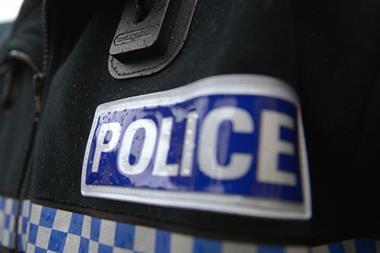Emergency plans have been drawn up for army drivers to deliver fuel to petrol stations in anticipation of a possible strike by tanker drivers.
Results of Unite union’s ballot on industrial action are expected tomorrow and the government is drawing up contingency plans to avoid major disruption to fuel supplies, according to reports in the national press.
Unite has been balloting more than 2,000 of its members, embracing 90% of tanker drivers supplying petrol to UK forecourts. Unite said there had been "unrelenting attacks" on drivers’ terms and conditions.
Any industrial action could start next month and would severely disrupt deliveries to petrol forecourts across the UK. The training of army drivers will begin next week as part of the contingency planning.
Cabinet Office minister Francis Maude said the government had learnt lessons from the fuel blockades of 2000, and appealed to Unite and the employers involved to work together to reach an agreement that will avert industrial action.
"Widespread strike action affecting fuel supply at our supermarkets, garages and airports could cause disruption across the country,” he said.
"The general public should not and must not suffer from this dispute and strike action is manifestly not the answer.
"Although we are pushing for an agreement, we have learnt the lessons of the past and stand ready to act to minimise disruption to motorists, to industry and, in particular, to our emergency services, in the event of a strike."
Contingency plans have been drawn up by Maude, Justine Greening, the Transport Secretary, Theresa May, the Home Secretary, Andrew Lansley, the Health Secretary, and Ed Davey, the Energy Secretary.
Related articles:
>> Tanker driver union Unite warns of national strike action






























No comments yet